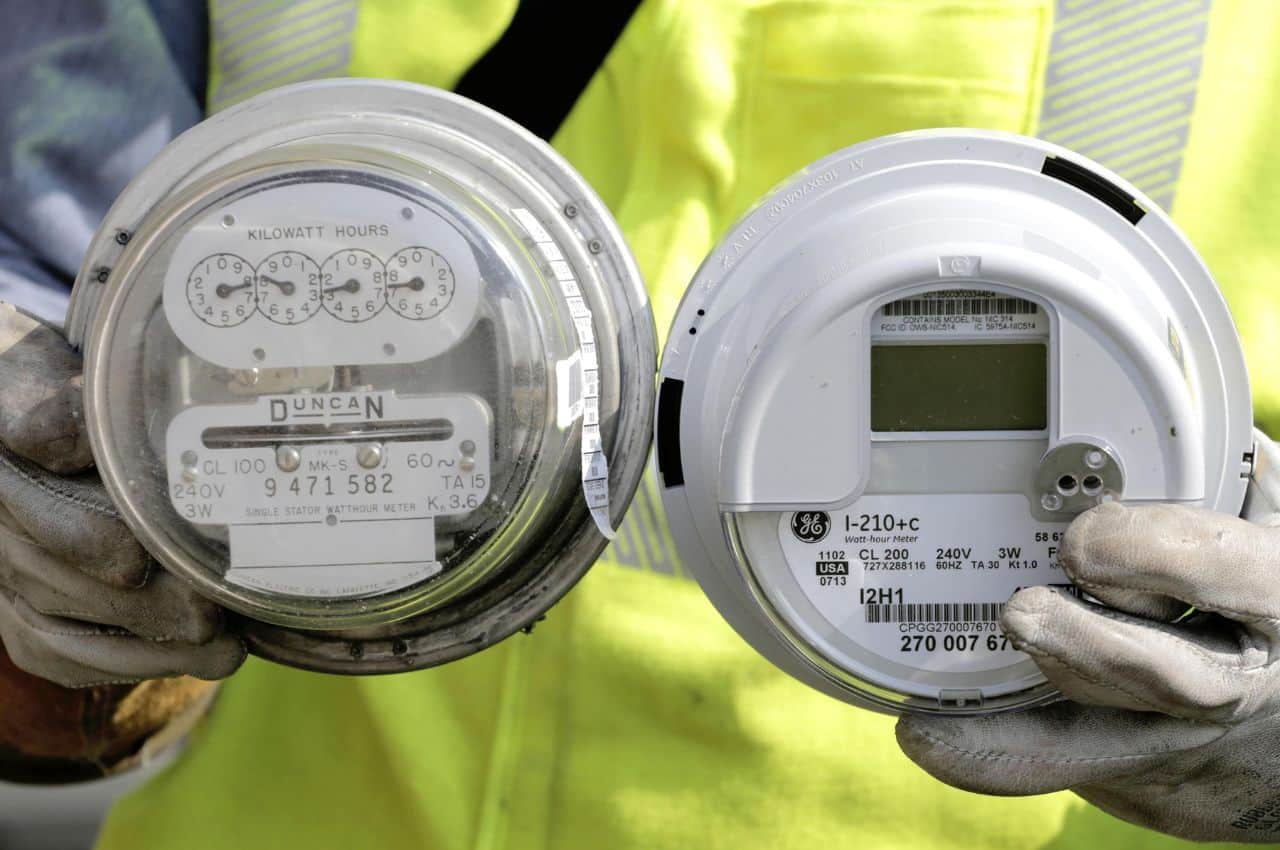Water is the essence of life and yet, we often take it for granted. In a world facing water shortages and environmental challenges, being mindful of how we use water has never been more important. One powerful tool that’s transforming sustainable living is the smart water meter. But what exactly is it, and why should every eco-friendly home have one? Let’s dive in.
What Is a Smart Water Meter?
A home needs a smart water meter is a digital device that tracks your home’s water usage in real time. is a digital device that tracks your home’s water usage in real time. Unlike traditional meters, which only show total usage, smart meters provide detailed data when, where, and how water is used right at your fingertips. As environmental awareness rises, more homeowners are turning their houses into sustainable spaces. From solar panels to smart thermostats, eco-friendly homes are becoming the norm. And water management plays a key role in that movement.
Understanding Smart Water Meters
Smart water meters use digital sensors to measure water flow and transmit the data wirelessly to an app or cloud platform. This allows you to see your consumption in real time, detect leaks, and even get alerts when usage spikes unexpectedly. Traditional meters are like basic odometers they only record the total volume of water used. Smart meters, on the other hand, act like fitness trackers for your water habits, providing insights and encouraging smarter consumption.
The Environmental Importance of Water Conservation
Did you know that by 2025, two-thirds of the world’s population could face water shortages? Every drop counts. Smart meters help identify waste, ensuring that every bit of water is used wisely. By integrating technology, smart water management empowers households to take active roles in conservation helping communities and ecosystems thrive.
Benefits of Installing a Smart Water Meter
Installing a smart water meter brings multiple advantages that go beyond just tracking water usage. It helps you save money, detect leaks early, and promotes sustainable living through real-time insights. Here are the key benefits:
-
Real-time monitoring for accurate water usage tracking.
-
Instant leak detection to prevent water waste and costly damage.
-
Lower water bills through improved consumption habits.
-
Eco-friendly living by encouraging mindful water use.
How Smart Water Meters Help in Eco-Friendly Homes
Smart water meters easily sync with home automation systems like Alexa or Google Home, letting you control and monitor water with a simple voice command. Seeing your daily or weekly usage helps develop awareness turning off the tap while brushing or fixing that dripping faucet suddenly feels more rewarding. Homes with smart water systems often earn higher ratings for sustainability programs like LEED or Energy Star, increasing property value.
Technological Features That Make a Difference
Get detailed charts, compare usage trends, and set personalized goals all from your smartphone. Some advanced meters use AI to predict future usage and even identify potential plumbing issues before they happen. Traveling? You can still monitor your water usage and shut off supply remotely in case of emergencies.
Smart Water Meters and Community Impact
Cost vs. Savings: Is It Worth the Investment?
Installing a smart water meter may seem like an extra expense at first, but it’s a wise long-term investment. The upfront cost, which typically ranges from $150 to $500, is quickly offset by the savings it generates through reduced water waste and lower utility bills. Over time, the device pays for itself by helping you detect leaks early and manage water more efficiently. In short, the financial and environmental returns far outweigh the initial cost.
Challenges and Misconceptions About Smart Water Meters
How to Choose the Right Smart Water Meter
Installation Process and Maintenance Tips
Installing a smart water meter is simple and efficient, but professional installation is often recommended to ensure accuracy and prevent leaks. Regular maintenance is minimal just keep the device updated and check for proper readings occasionally.
Tips:
-
Hire a certified plumber for installation.
-
Update firmware regularly.
-
Inspect connections and readings every few months.
Government and Utility Incentives
Many governments and local utilities are encouraging homeowners to adopt smart water meters by offering attractive rebates and incentive programs. These initiatives aim to promote water conservation and reduce the strain on local water supplies. By installing a smart meter, homeowners can not only lower their bills but also qualify for financial rewards or tax benefits. This makes upgrading to smart technology both an environmentally and economically smart choice.
The Future of Smart Water Management
Success Stories from Eco-Friendly Homes
Conclusion
A smart water meter isn’t just a gadget it’s a game-changer for sustainable living. By combining technology, awareness, and environmental responsibility, it empowers homeowners to make smarter, greener choices every day. In the journey toward an eco-friendly future, installing a smart water meter is one of the simplest and most effective steps you can take.
FAQs about Home Needs a Smart Water Meter
1. Do smart water meters really save money?
Yes! Most households see a noticeable drop in their water bills within months of installation.
2. Can I install a smart water meter myself?
You can, but professional installation ensures accuracy and prevents leaks.
3. Are smart water meters secure?
Absolutely. They use encrypted communication to protect your data.
4. Do smart water meters require Wi-Fi?
Most do, but some models use other wireless technologies for remote connectivity.
5. Can smart water meters detect all leaks?
They can detect even the smallest continuous leaks, often before you notice them.


